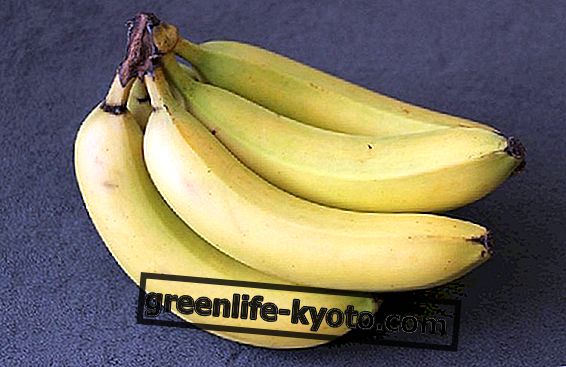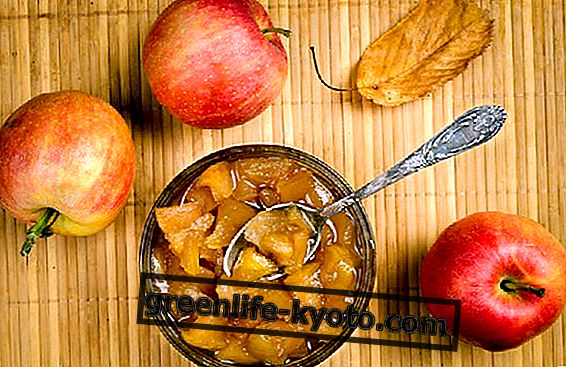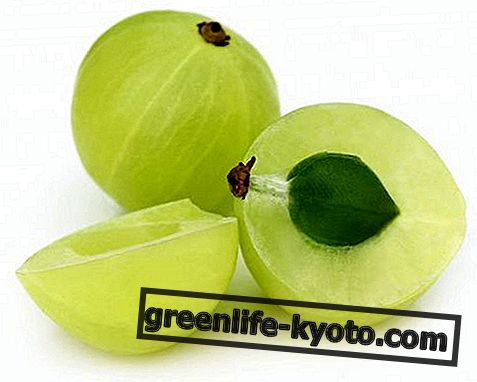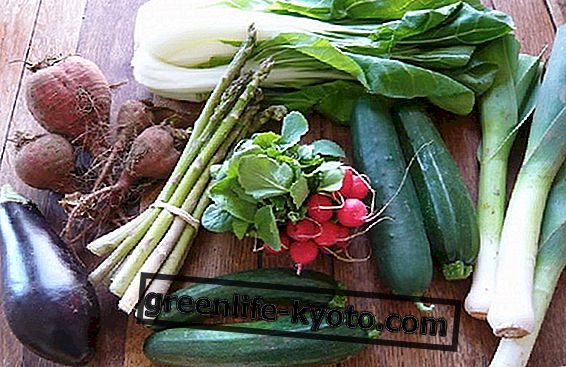
The banana is the fruit of the banana tree ( Musa sapientum), a plant belonging to the Musaceae family.
The banana contains high amounts of simple and complex sugars (about 50 g in 100 g of fresh fruit and 65 g in 100 g of dried fruit); different mineral salts such as calcium, iron, magnesium, phosphorus, sulfur and above all potassium; fair amounts of vitamins A and C ; a small amount of vegetable protein ; fat in irrelevant quantities; serotonin, a substance involved in the regulation of numerous functions, such as sleep, body temperature and mood; tryptophan, an amino acid that the body transforms into serotonin; tannins, which give the fruit a bitterish aftertaste, and which are considerably reduced during the maturation process.
Banana is one of the fruits with less water (77%); its pulp contains a good quantity of fibers useful to regularize the intestinal function in the case of constipation or dysentery.
Dried bananas, for the same weight, are much more energetic and caloric than fresh ones.
The banana is particularly recommended during all growth stages, due to its remarkable nutritional characteristics; to the elderly and to the convalescents, for its digestibility and for its content of mineral salts; to people subjected to physical and intellectual overwork to reintegrate energy; to those suffering from high blood pressure or muscle cramps, as the high potassium content has a balancing and regulating action on the muscular, nervous and circulatory systems; to those who suffer from stomach acid, since the banana pulp stimulates the cells of the mucous membrane of the stomach to produce a greater quantity of mucus that protects the inner walls of the stomach.
The banana is therefore a fruit rich in beneficial substances: some studies have shown that eating a banana a day, as a snack, helps to increase the mood .
Due to the high sugar content, bananas are not recommended for diabetics.
This very nutritious fruit is particularly digestible only when the maturation process has taken place, which transforms the high amounts of starch (complex sugars) of the unripe fruit into simple sugars, more easily assimilated.
The ripe banana can be given to children as early as the fourth month of life. The banana has its beneficial effects when used daily, especially in breakfast or as a snack between main meals.













